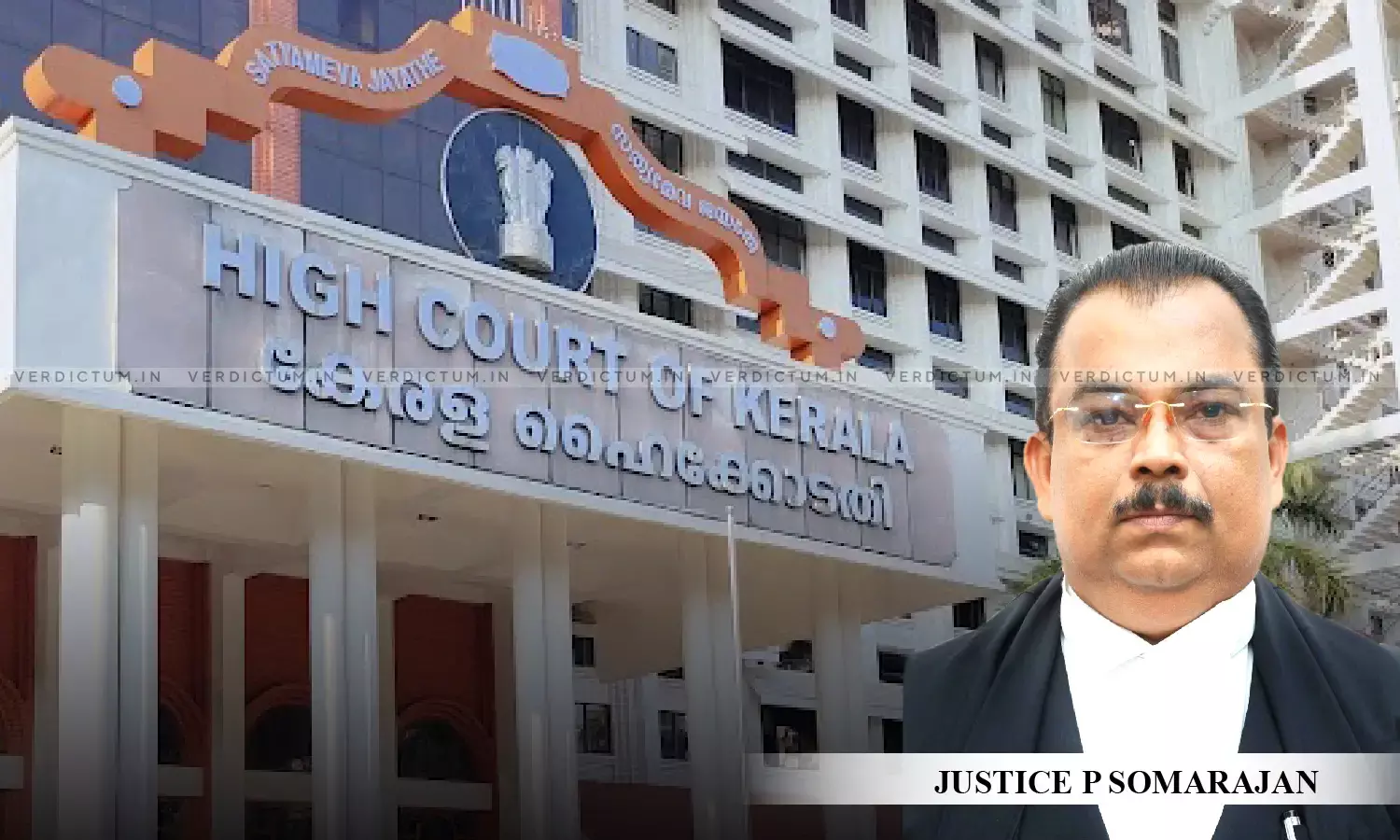Oral Evidence In Crimes Arising Out Of Political Enmity Should Be Scrutinised Carefully: Kerala HC While Acquitting RSS Workers Accused Of Attempting To Murder CPIM Leader

The Kerala High Court acquitted all except one person accused in a case for attempt to murder Kerala CPIM leader P. Jayarajan. The Court noted that the case is a result of political enmity between two fractions of CPIM on one part and RSS and BJP on the other part.
The High Court heard three appeals, two of them were by persons convicted by the Trial Court and one by the state against the acquittal of the three accused.
The bench of Justice P. Somarajan while noting the defence set up by the accused against the presence of the victim’s wife, a prosecution witness, in the house at the time of the incident and of her being a planted witness, held, “At this juncture, it has to be borne in mind that the alleged incident happened due to political enmity and not about any personal grudge. Necessarily, the oral evidence of each and every witnesses should be scrutinised carefully so as to rule out the possibility of planting of witnesses.”
The Bench doubted the presence of the victim’s wife on the ground that there was no evidence on her dress about the blasting of bombs or injuries sustained by the victim. The Bench noted the fact that she did not accompany her husband to the hospital even after he suffered such serious injuries. The Court further doubted the presence of the sister of the victim in the house for similar reasons.
The Court also noted the inability of the neighbour, another prosecution witness, to say anything about specific overt acts of the respective accused as the incident happened in the secrecy of the victim's house and the witness was present outside the house at the time of the incident. Similar reasons were recorded against the other neighbours who reached the place after hearing hue and cry, apart from lack of evidence as to their presence in the back side of the house.
According to the Court, the prosecution case was further weakened by the oral evidence tendered by the doctor, who is a prosecution witness as the dying declaration wasn’t produced by the prosecution even after it was deposed by the doctor that it was recorded and endorsed in the wound certificate.
The Court held that the recovery of the alleged weapon used in the commission of the offence will not give any corroboration as to the involvement of the other accused persons and that it could be used only against the one who gave the disclosure statement if it satisfies the requirements which would constitute the admissibility of a disclosure statement under section 27 of the Evidence Act.
"It cannot be used against other accused persons and cannot be brought under the purview of Section 27 of the Evidence Act against co-accused persons. The recovery was not relied on by the trial court mainly on the ground that PW9 witness to the recovery turned hostile, but the trial court failed to consider the evidentiary value of the abovesaid recovery of four weapons based on the disclosure statement alleged to have been given by one among the accused, the accused No.2", the Court held.
Hence, the Court allowed the appeal by accused 4, 5 and 7. It partially allowed the appeal by accused 1, 2 and 3, where it found accused No. 2 guilty of offences punishable under Sections 452, 436, 326, and 307 IPC. As per the Court, for the lack of evidence, he is not convicted under Sections 143, 147, 148 IPC. Finally, the Court dismissed the appeal by the State of Kerala upholding the acquittal of accused 6, 8 and 9.
Cause Title: State of Kerala v. Kuniyil Shanoob & Ors. (Neutral Ciatation: 2024:KER:14488)
Appearance:
Special PP S U Nazar, Advocate S Rajeev, Advocate P S Sreedharsn Pillai, Advocate Arjun Sreedhar, Advocate C G Preetha, Advocate P Rani Diothima, Advocate S Rajeev, Special PP S U Nazar
Click here to read/download Judgment

